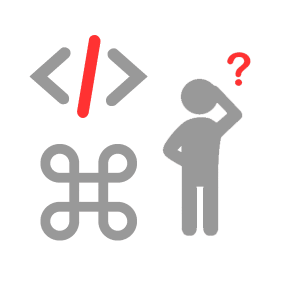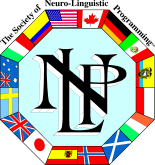
Do not think you are going to learn more in this great blogpost about NLP Negative Commands. Negative Commands are commands given in negative form. The positive instruction is generally what is responded to. A little example for starters to warm up. “Don’t think of pink elephants.” In this example you have to think about the color pink or an elephant, or both to understand what is being told. The explanation of what is happening here is fairly simple. Negation does not exist in the primary experience of sights, sounds and feelings.
To quote the book of Dr. Richard Bandler “Guide to Transformations“: “Negation exists only in secondary experiences: symbolic representations such as language and mathematics.”
Using NLP Negative Commands
To utilize Negative Commands effectively, the formula is as follows:
- Take a statement or activity you want the person you are working with to execute. Something like “Think of how truly you enjoy being in a deep trance.”
- Now take that statement and add “Don’t” or “Do not” in front of it.
- Voila! you just created your own negative command! (“Don’t think of how truly you enjoy being in a deep trance and have learnt now quickly how to use Negative Commands.”)
Some examples of NLP Negative Commands
- I do not want you to think about how great your performance is.
- Don’t think of the delicious BBQ we are going to enjoy tonight.
- I do not want you to think about how wealthy you already are, aren’t you?
Don't you want some Exercise with Negative Commands?
See the previous heading about “Using Negative Commands” and do not think about writing at least one hundred examples of NLP Negative Commands. This will help you to train and educate your unconscious mind to better understand them. The more you practice, the more you will become fluent in it!
As a note on the side: In the last example we used a so-called tag-question. To generate a “Yes” with your client, you can utilize this technique. But that is food for an article we are publishing soon. Articles that might interest you are NLP Embedded Commands and NLP Indirect Elicitation Patterns.
Going the way we will publish more articles about Indirect Elicitation Patterns and the Milton Model. Come back often as we tend to post frequently!
Last but not Least
Remember, to increase your efficiency as a NLP Practitioner, know your positive intention for the message you want to convey, build rapport and pay attention on what and how you use language. Leave people and business in a better place that where you found them, every day! Put yourself to work and start making the NLP Meta Model part of your knowledge. The sooner you start, the sooner you benefit.NLP Negative Commands.
Mind Tools provides NLP Practitioner and NLP Master Practitioner Trainings and Certifications. We educate you according to the renowned, latest and highest standards set by the Society of NLP. We will train you thoroughly in all the corners of Neuro-Linguistic Programming and some extras we learned from Dr. Richard Bandler directly.
- Mind Tools Co., Ltd.
- NLP Negative Commands







